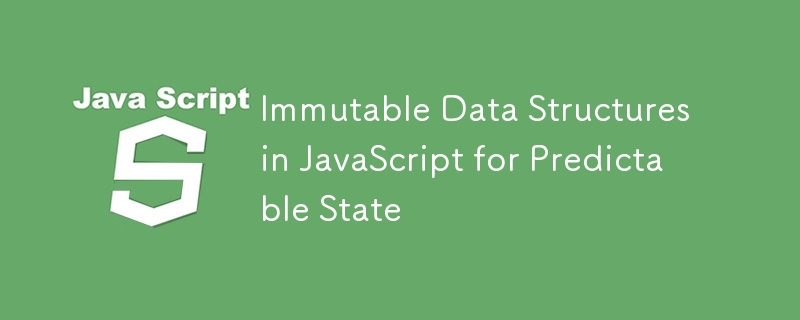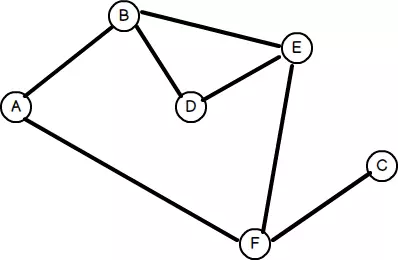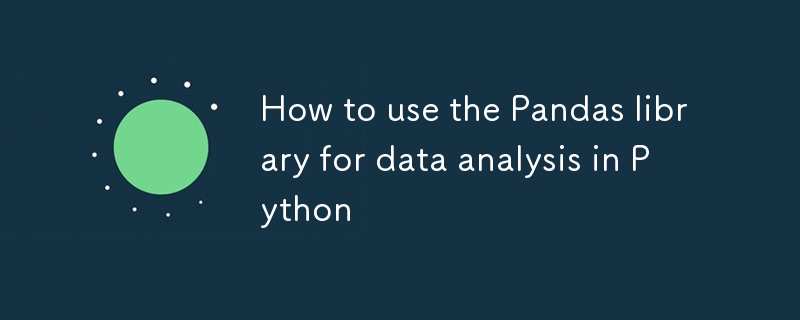<?php
if (!isset($argv)) {
fprintf(STDERR, "Must be run on command line");
exit(1);
}
if (!isset($argv[3])) {
fprintf(STDERR, "USAGE: %s archive_name stubfile source1 [source2...]" . PHP_EOL, $argv[0]);
exit(2);
}
$phar = new Phar($argv[1]);
foreach (array_slice($argv, 2) as $file) {
$phar->addFile(__DIR__ . "/$file", $file);
}
$stub = $argv[2];
$phar->addFile(__DIR__ . "/$stub", $stub);
$phar->setStub($phar->createDefaultStub($stub));Data structure is the way computers store and organize data. A data structure refers to a collection of data elements that have one or more specific relationships with each other. Often, carefully selected data structures can lead to higher operating or storage efficiency. Data structures are often related to efficient retrieval algorithms and indexing techniques.
All resources on this site are contributed by netizens or reprinted by major download sites. Please check the integrity of the software yourself! All resources on this site are for learning reference only. Please do not use them for commercial purposes. Otherwise, you will be responsible for all consequences! If there is any infringement, please contact us to delete it. Contact information: admin@php.cn
Related Article
 Immutable Data Structures in JavaScript for Predictable State
Immutable Data Structures in JavaScript for Predictable State
21 Aug 2025
Using immutable data structures can improve the state predictability of JavaScript applications because they prevent unexpected side effects, simplify debugging and support efficient change detection; in React or Redux, errors should be captured by using non-mutated methods (such as map, filter, concat, extension operator), Object.freeze(), or deep immutability should be achieved through the use of immer and other libraries, while following best practices such as always returning new references, reference comparisons with ===, and normalizing state structures, to ultimately achieve maintainable and predictable state management.
 attrs and cattrs: Tutorial for elegantly handling nested data structures
attrs and cattrs: Tutorial for elegantly handling nested data structures
05 Aug 2025
This tutorial explains in detail how to use Python's attrs and cattrs libraries to efficiently handle nested data structures, especially converting complex data containing dictionary lists into attrs-defined lists of class instances. The article will explain the limitations of the attrs built-in converter and demonstrate how cattrs can automatically and gracefully map from raw dictionary data to complex attrs objects through its powerful structured capabilities, simplifying code and improving maintainability.
 PHP Master | Data Structures for PHP Devs: Heaps
PHP Master | Data Structures for PHP Devs: Heaps
23 Feb 2025
This article introduces heaps, a specialized tree-like data structure closely related to stacks, queues, and trees. Heaps maintain the heap property: a parent node's value is always ordered relative to its children's values. Key concepts include ma
 PHP Master | Data Structures for PHP Devs: Graphs
PHP Master | Data Structures for PHP Devs: Graphs
23 Feb 2025
Key Takeaways Graphs are mathematical constructs used to model relationships between key/value pairs and have numerous real-world applications such as network optimization, traffic routing, and social network analysis. They are made up of vertices
 PHP Master | Data Structures for PHP Devs: Trees
PHP Master | Data Structures for PHP Devs: Trees
23 Feb 2025
This article introduces tree data structures in PHP, focusing on their hierarchical nature and efficiency in searching and sorting. It builds upon a previous article covering stacks and queues. Key Concepts: Hierarchical Data: PHP tree structures r
 How to use the Pandas library for data analysis in Python
How to use the Pandas library for data analysis in Python
19 Aug 2025
To effectively use Pandas for data analysis, you need to follow the following steps: 1. Install and import Pandas library, use pipinstallpandas to install and import in importpandasaspd; 2. Load data from CSV, Excel, JSON and other formats to DataFrame, such as df=pd.read_csv('data.csv'); 3. Explore the data structure, use df.head(), df.info(), df.describe() and other methods to view the basic data information; 4. Select and filter the data, select the column through df['column'], and df[df['age']>30] to enter


Hot Tools

PHP library for dependency injection containers
PHP library for dependency injection containers

A collection of 50 excellent classic PHP algorithms
Classic PHP algorithm, learn excellent ideas and expand your thinking

Small PHP library for optimizing images
Small PHP library for optimizing images




